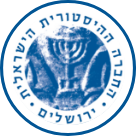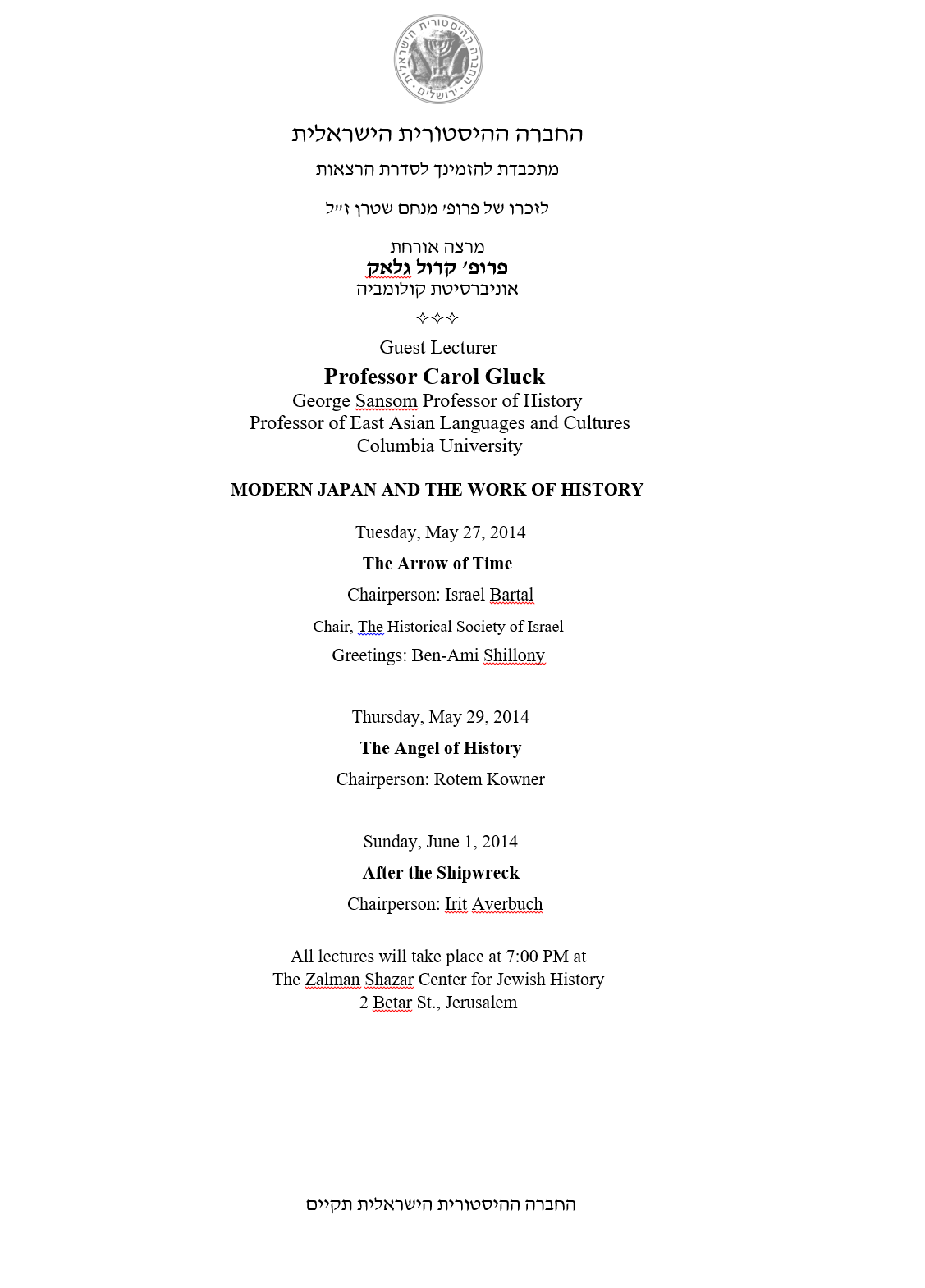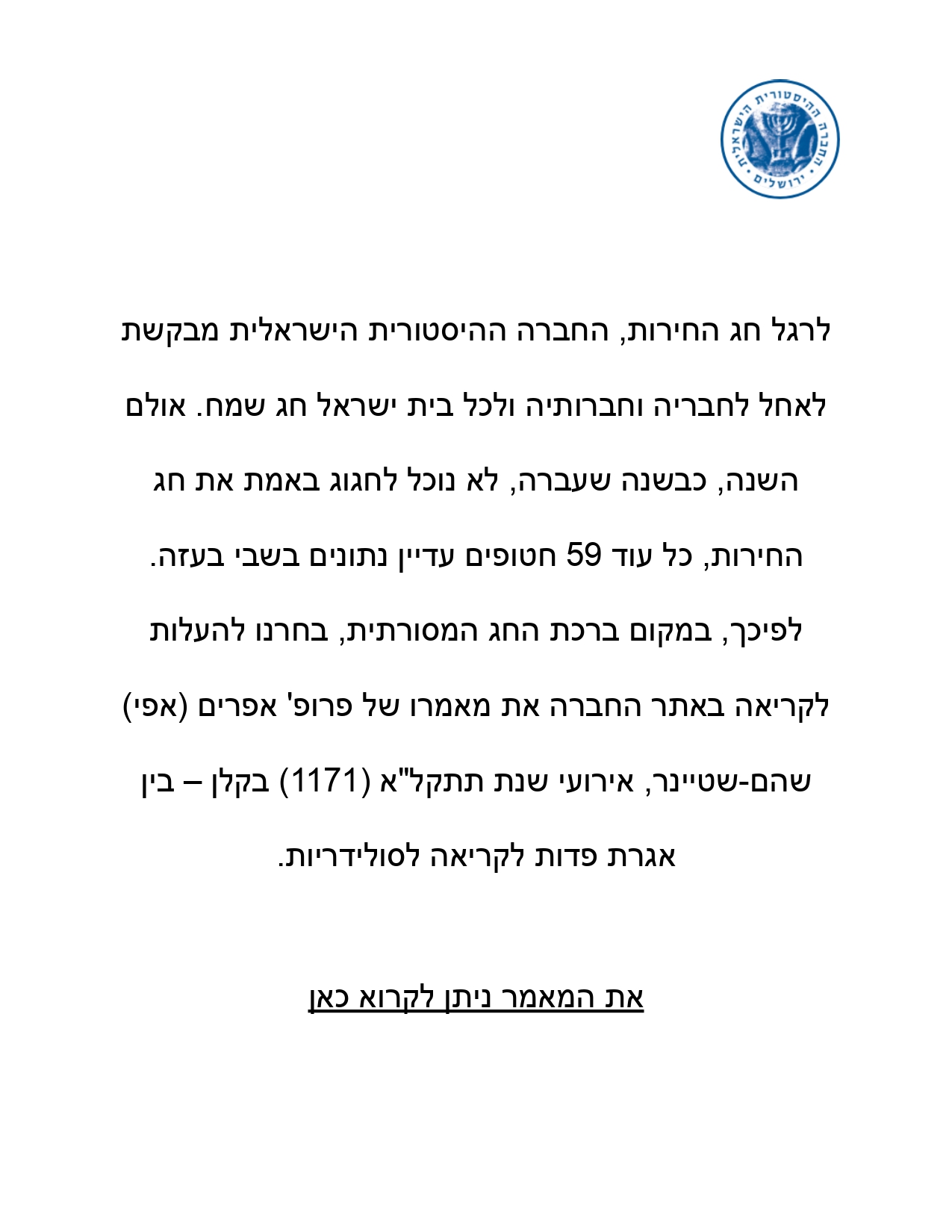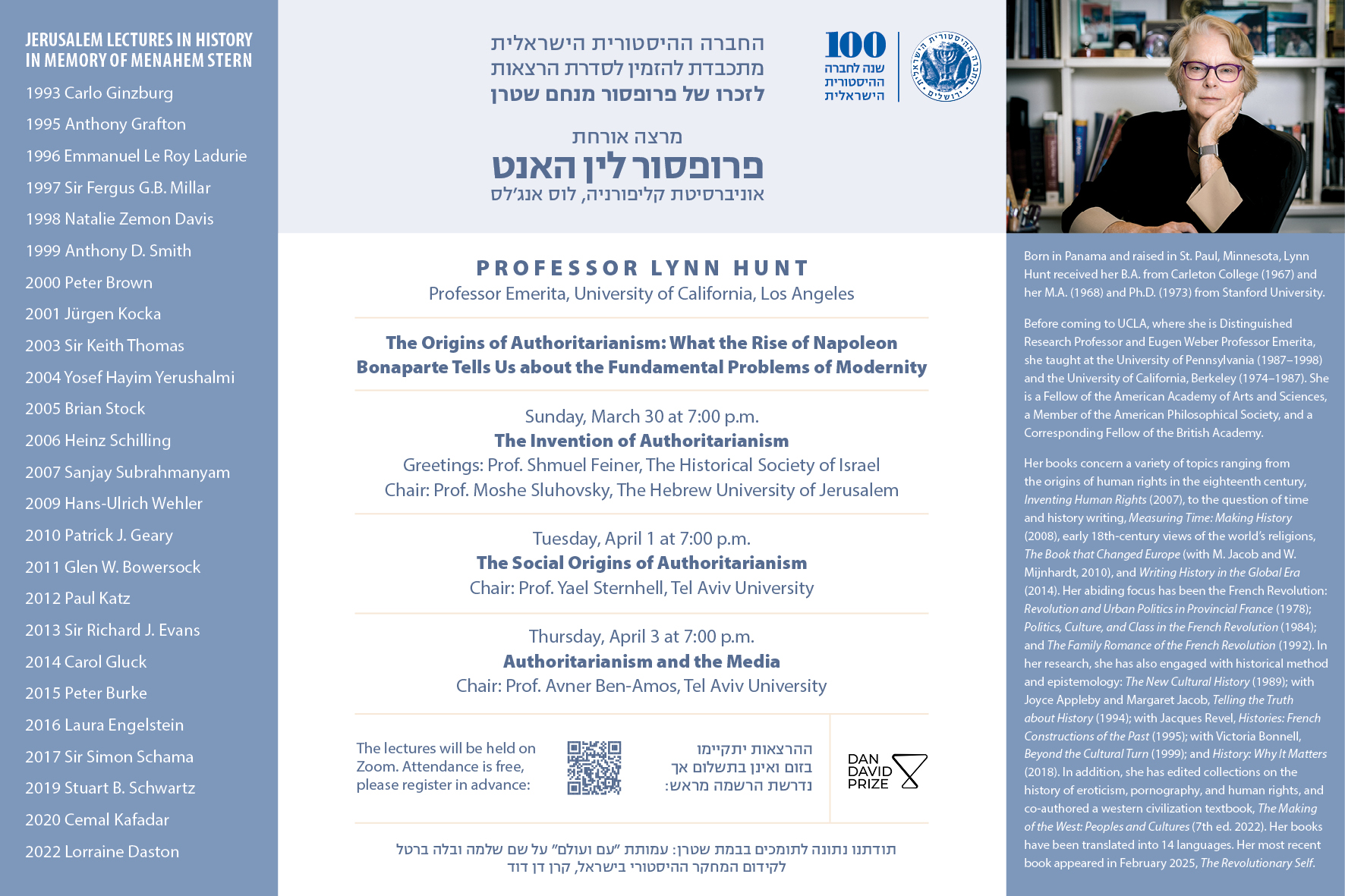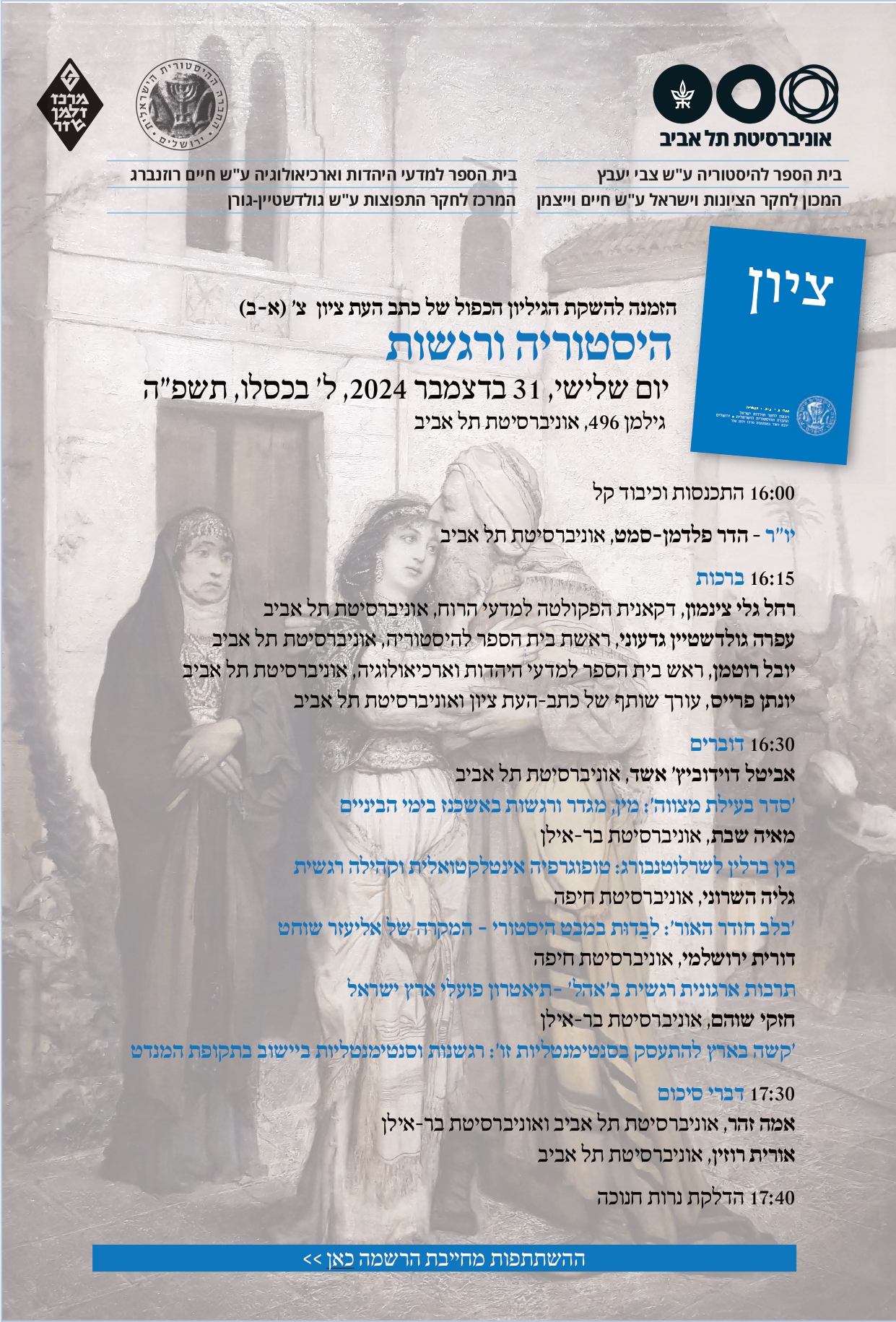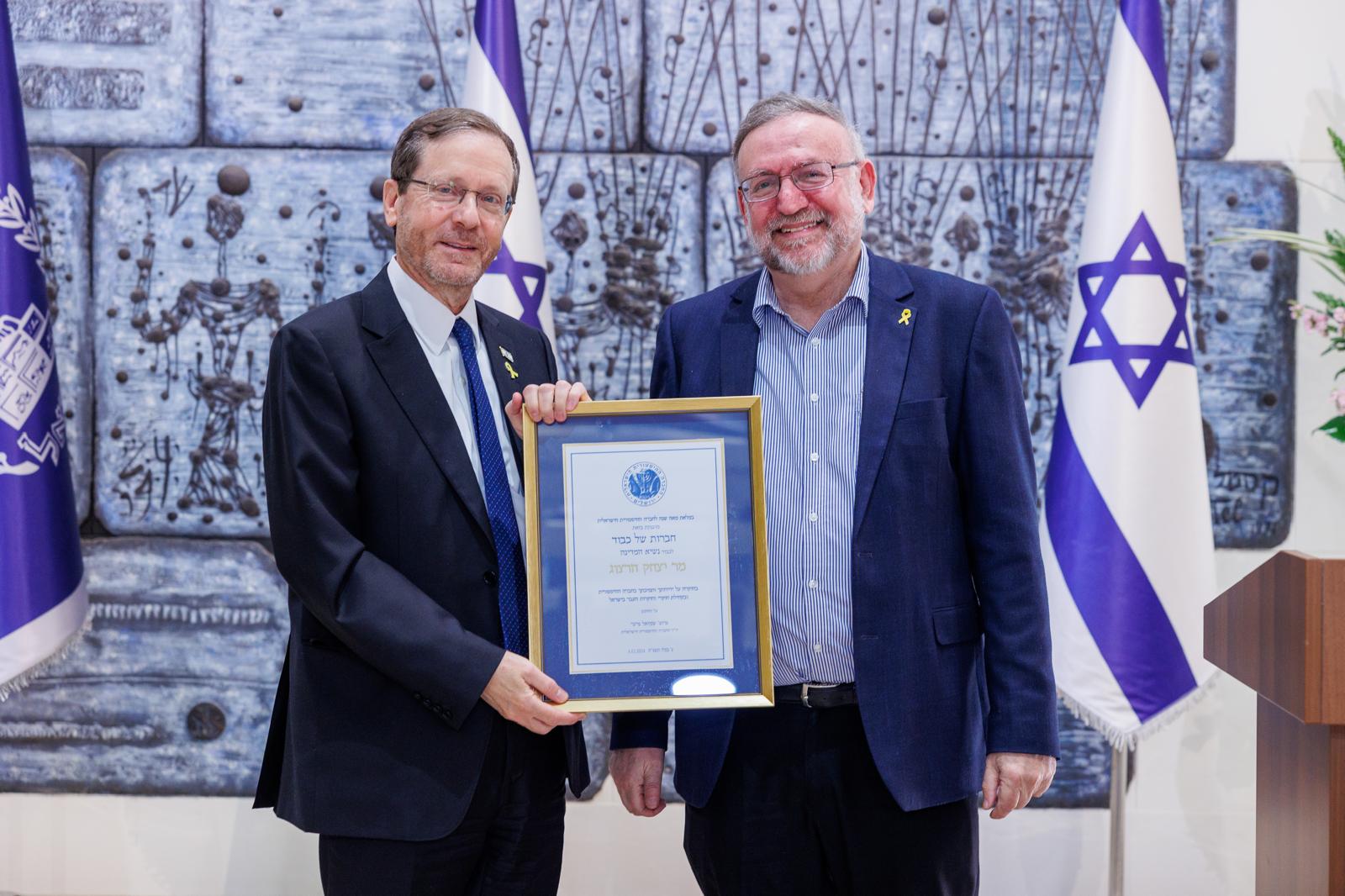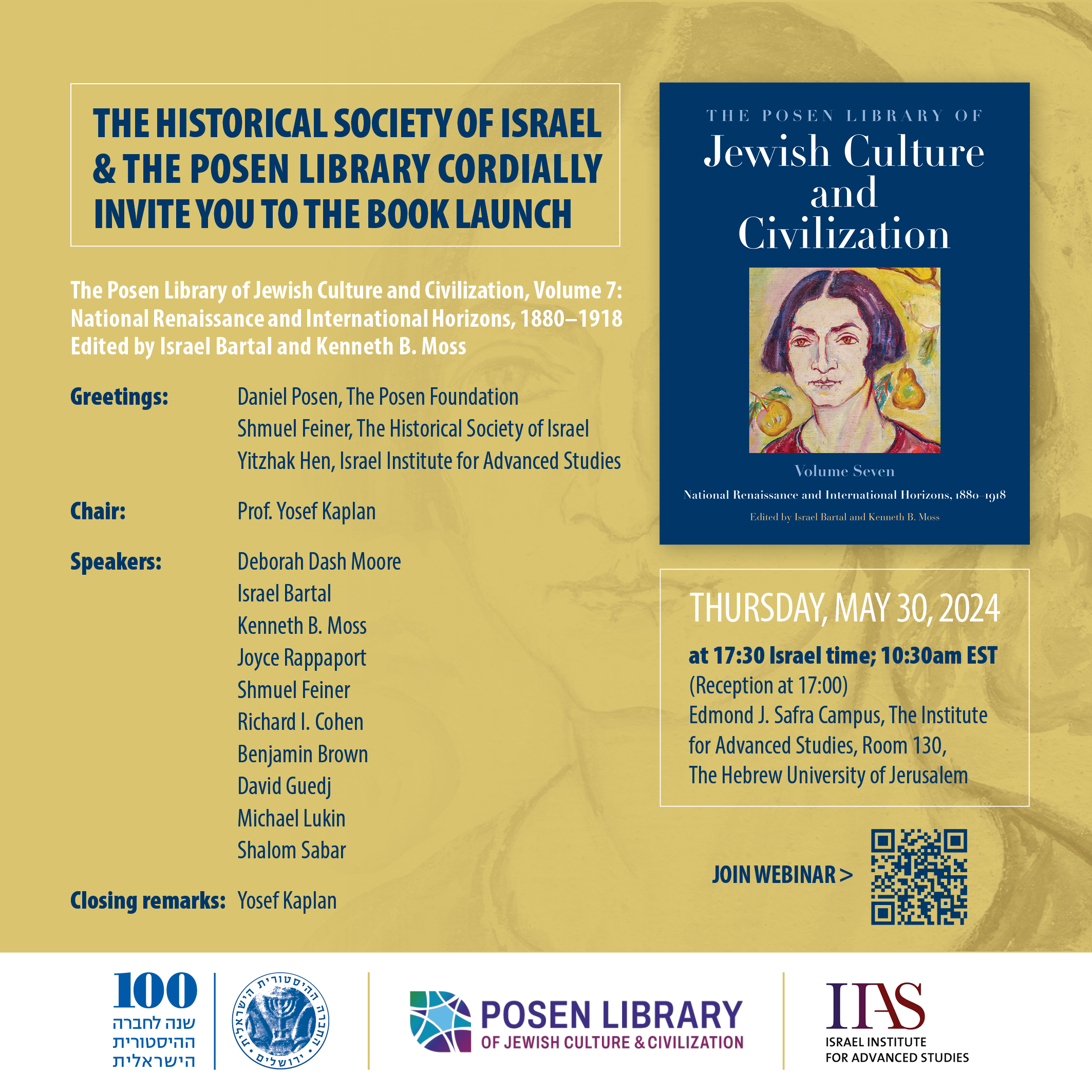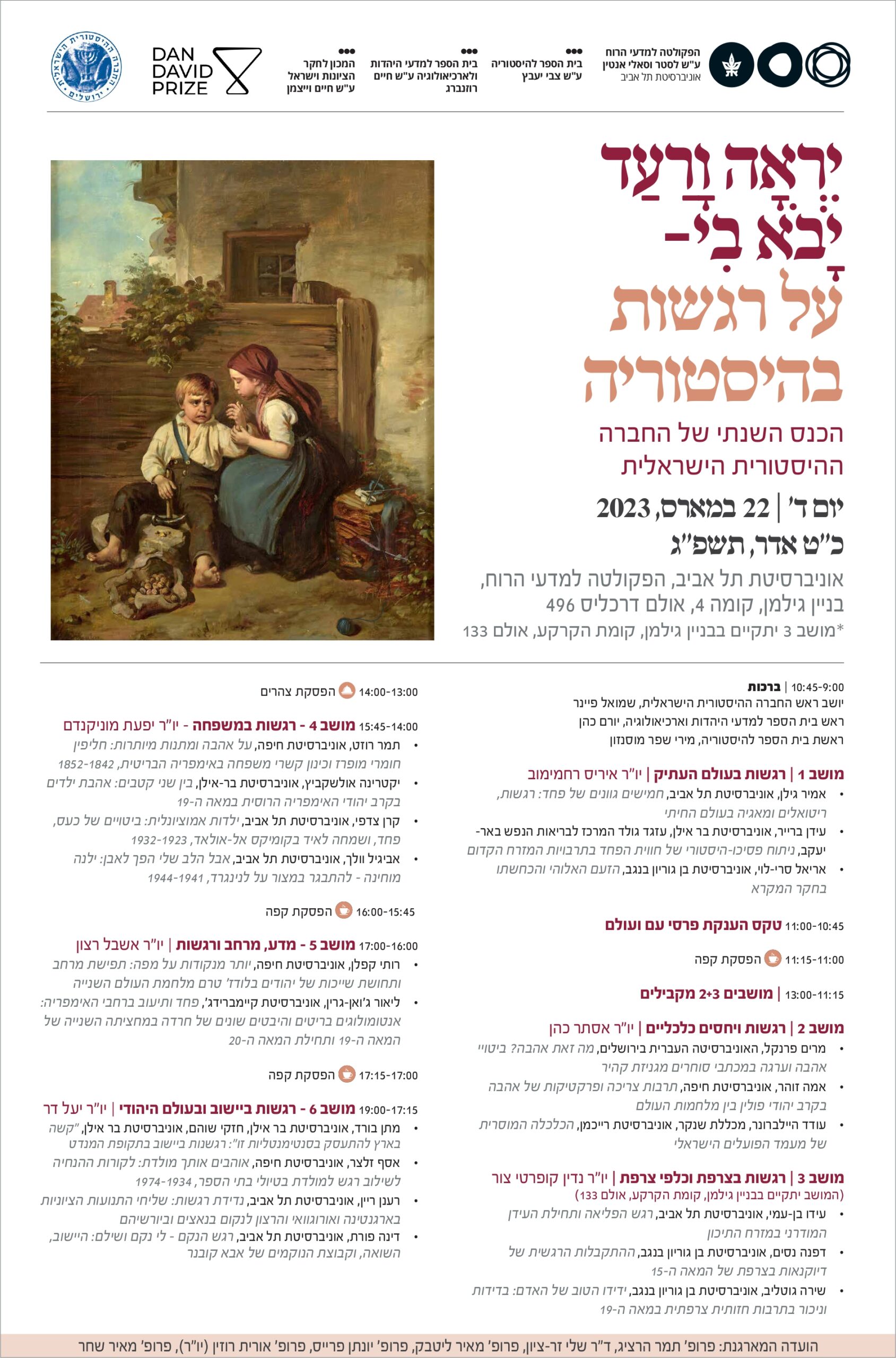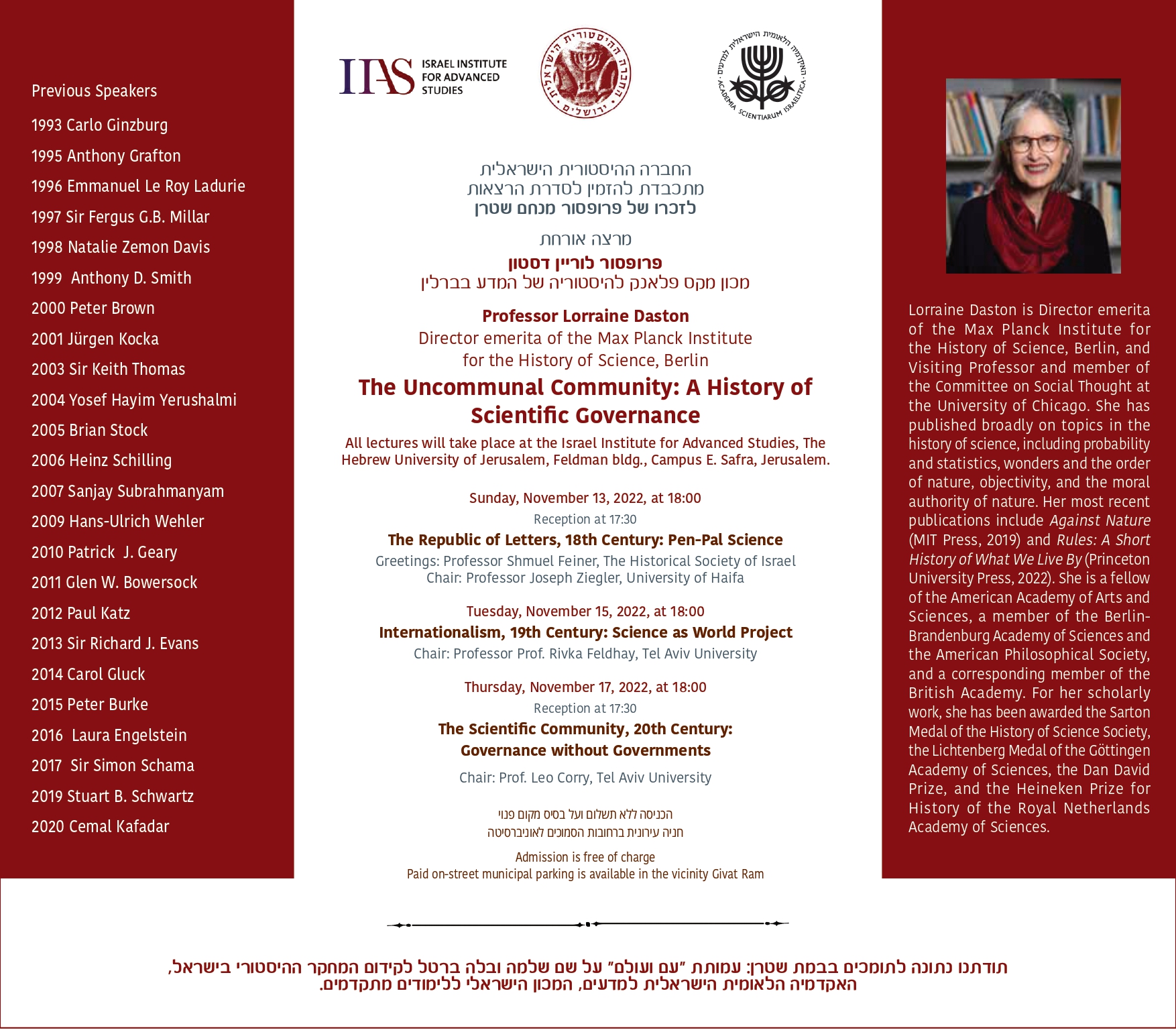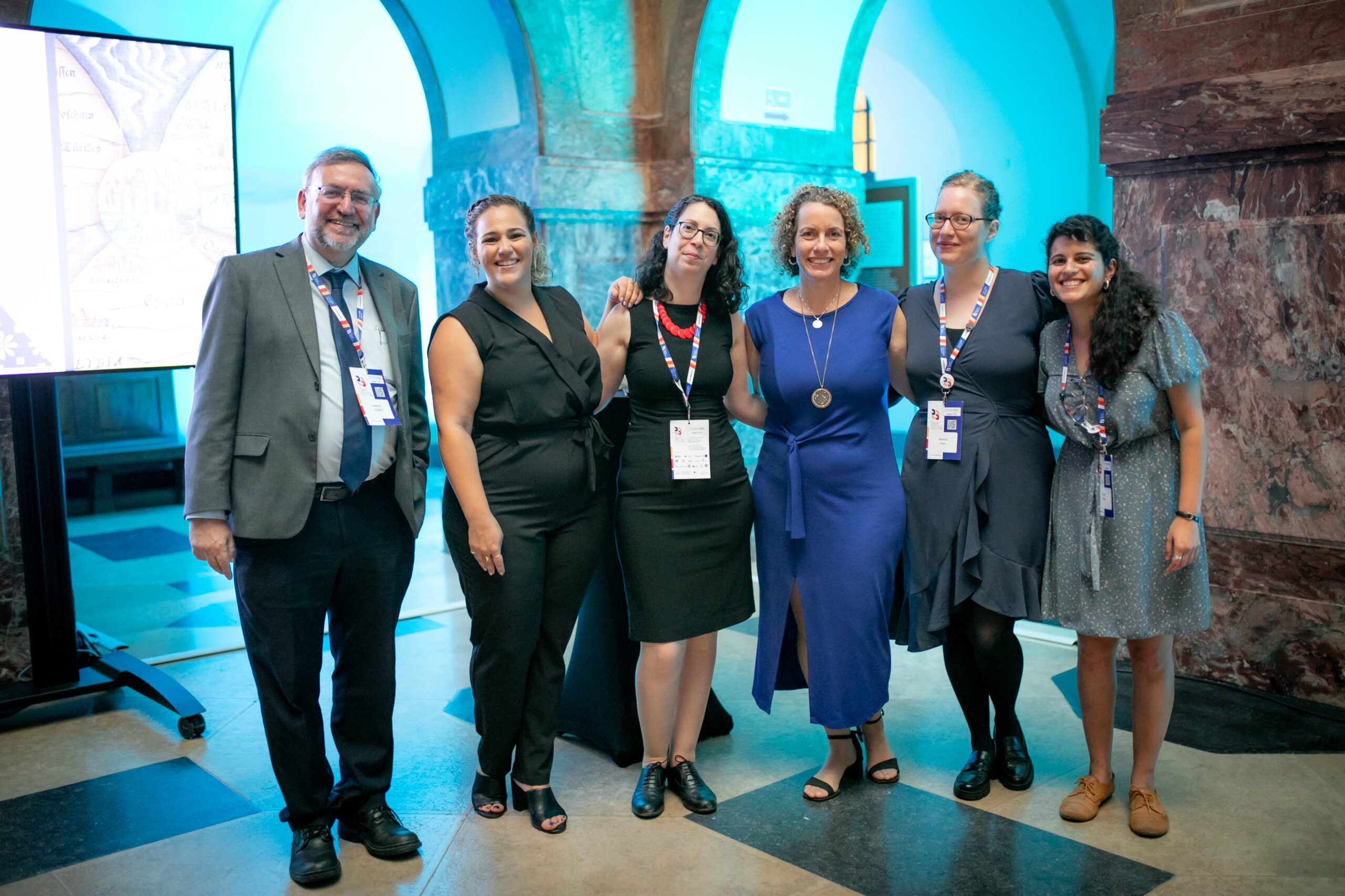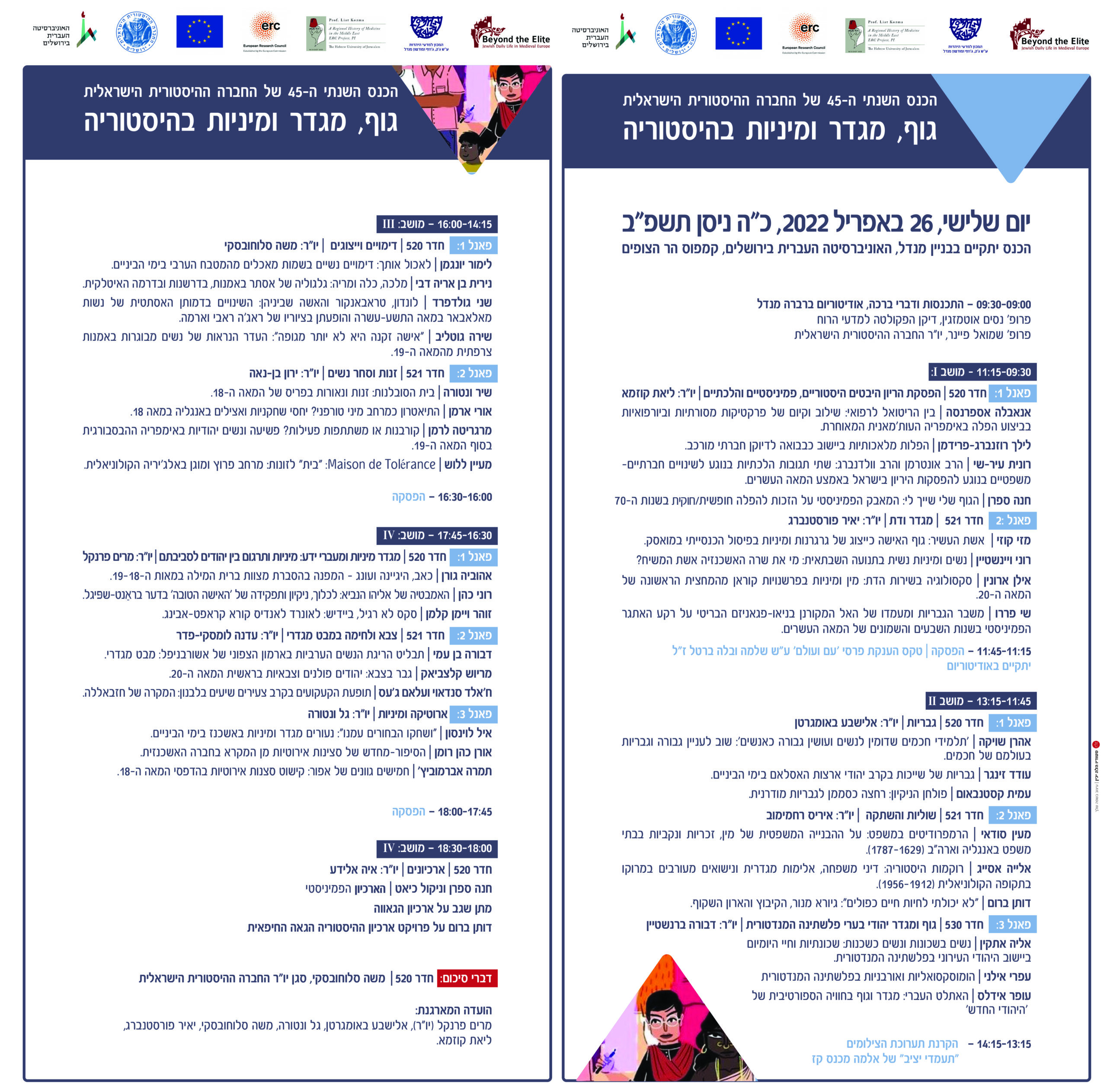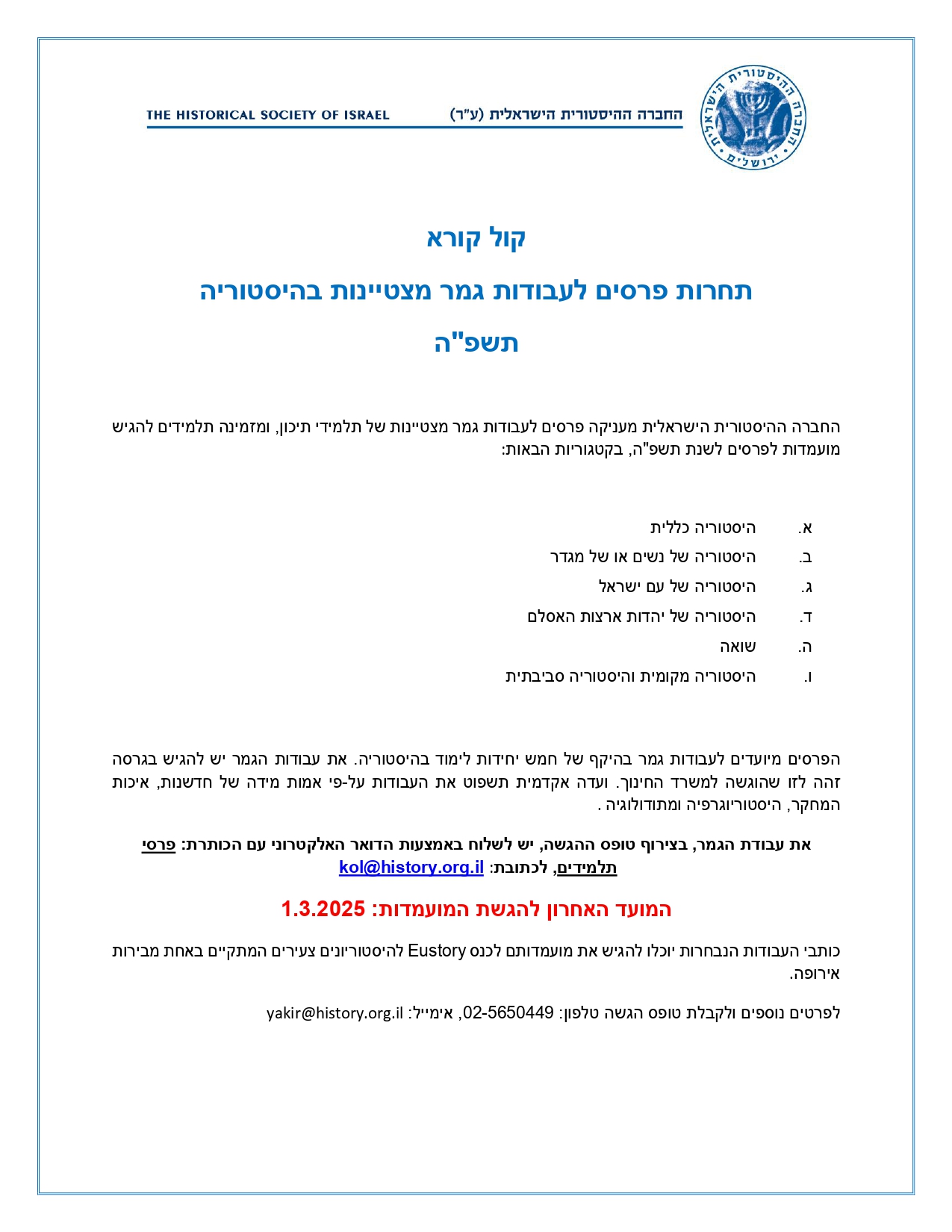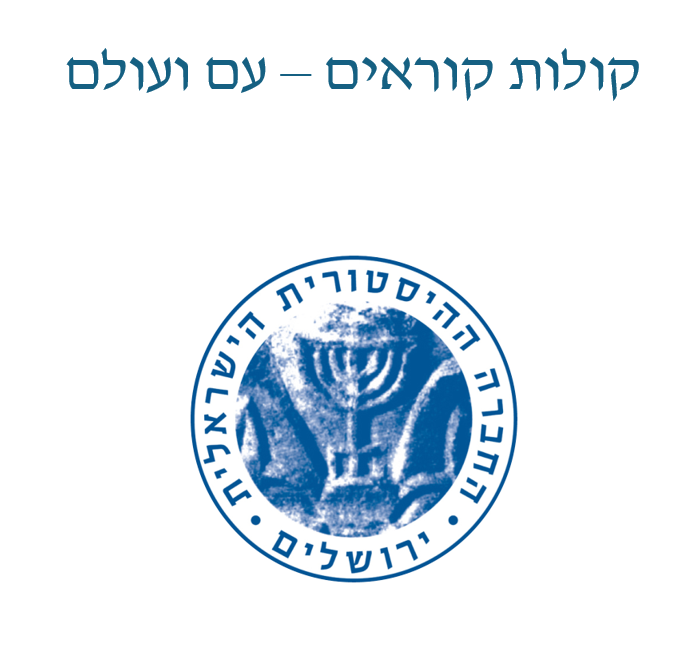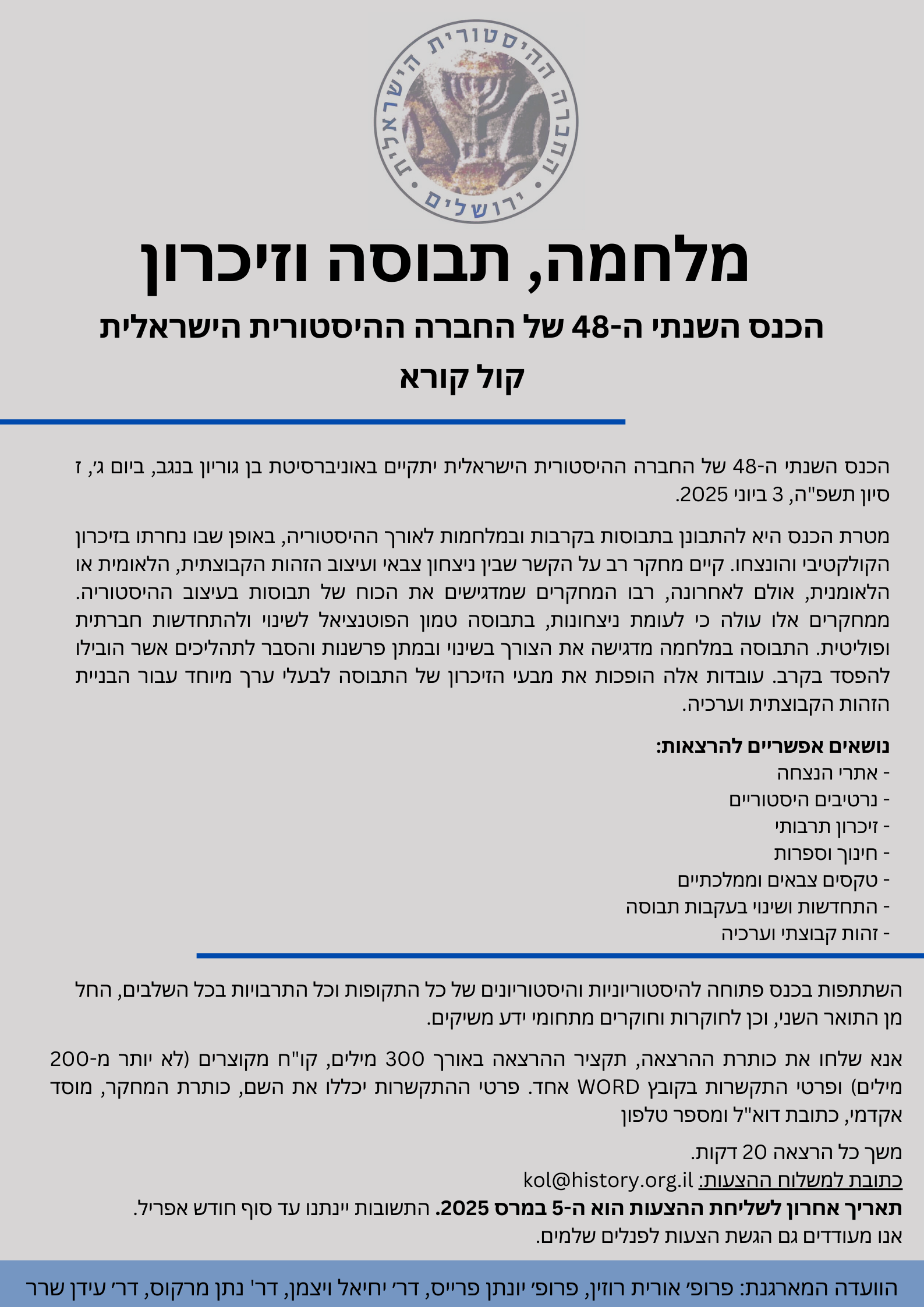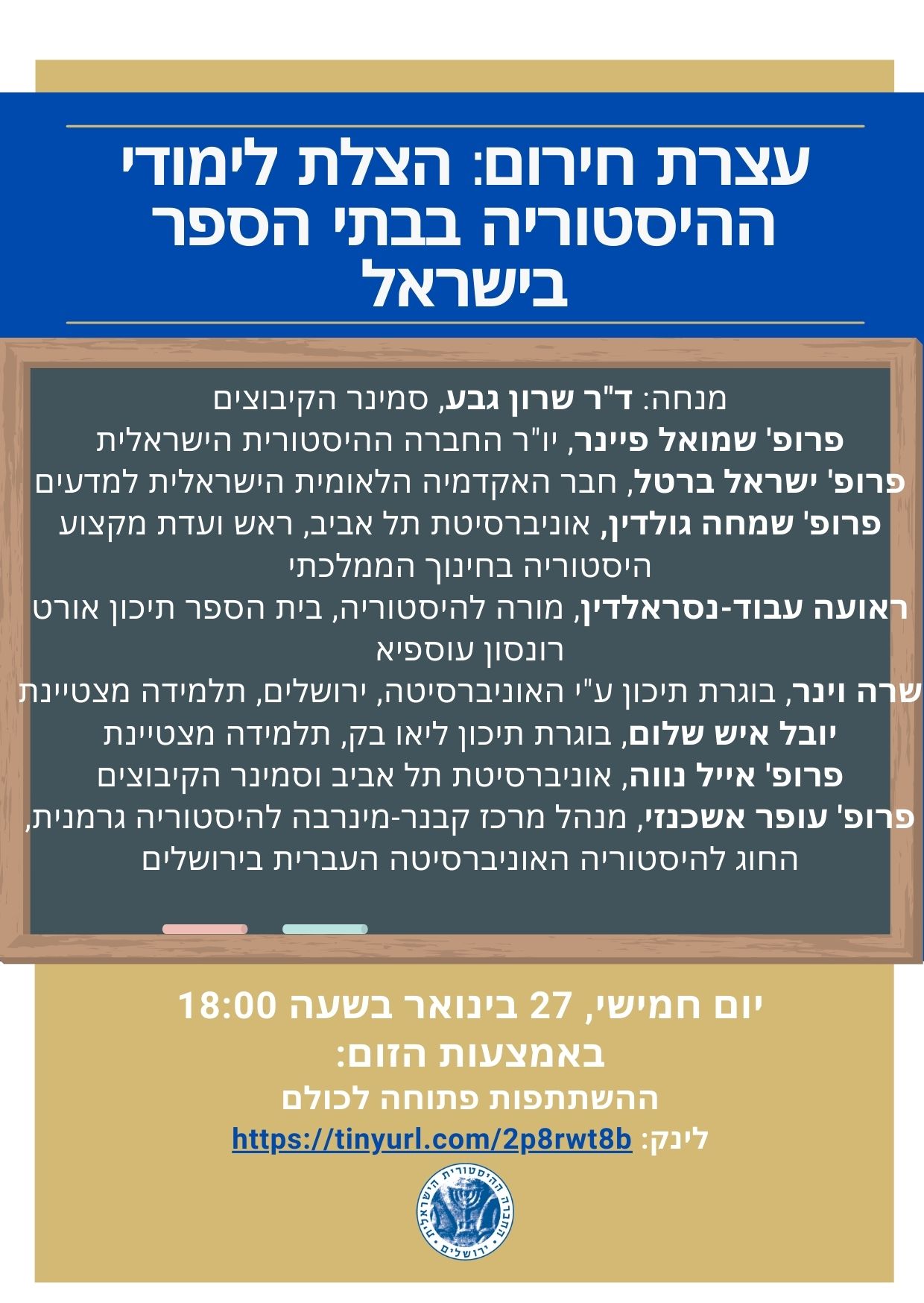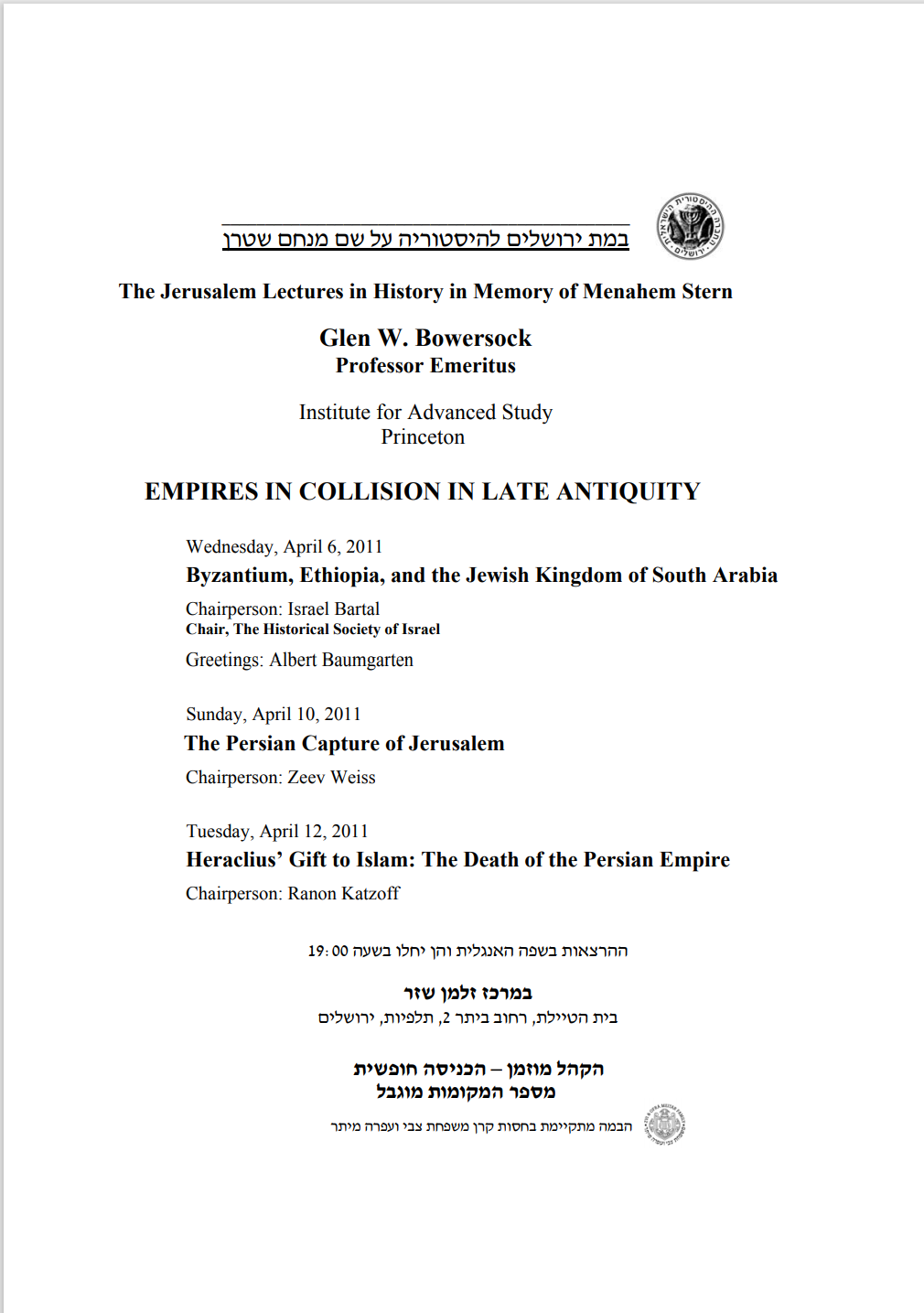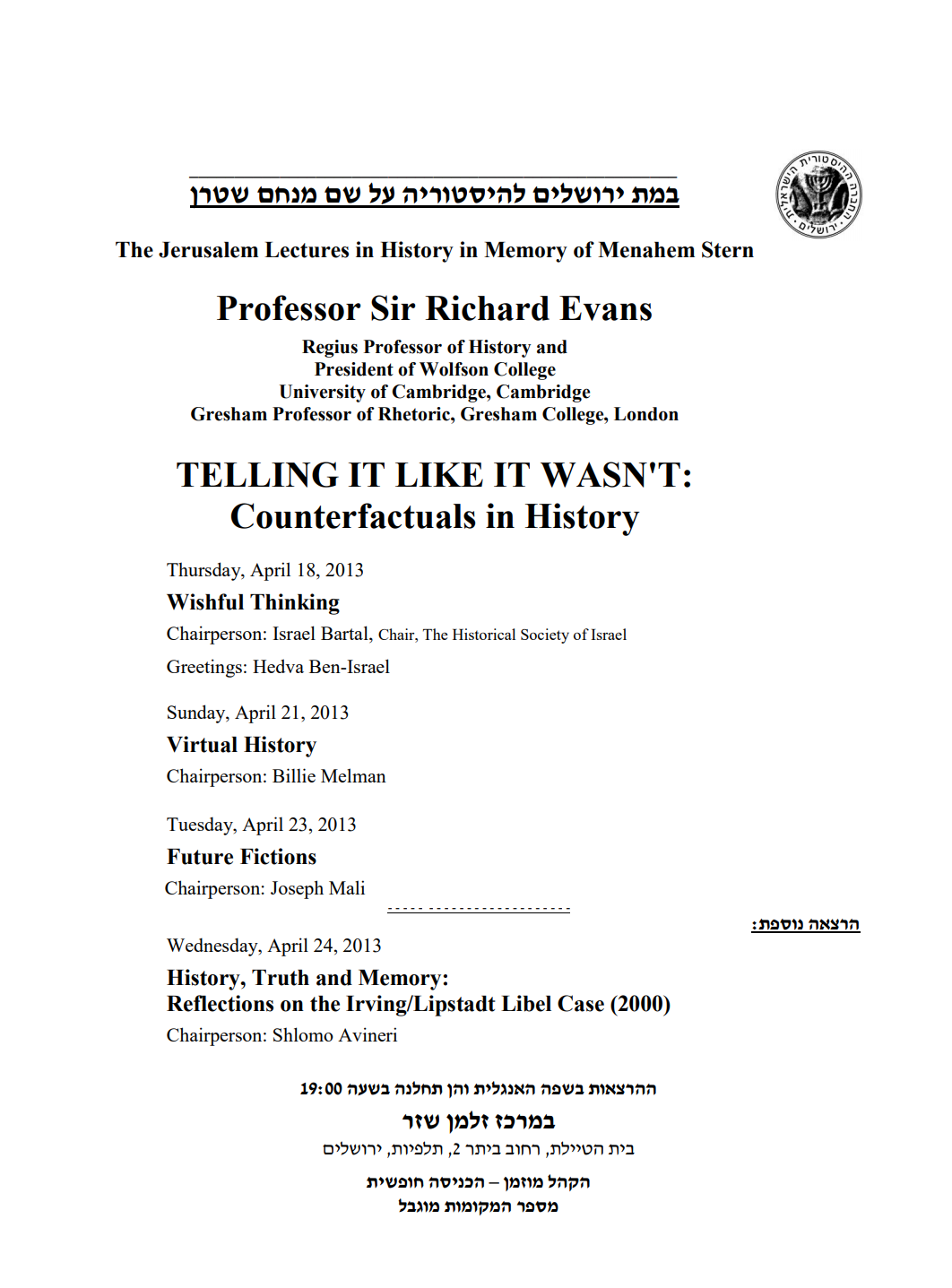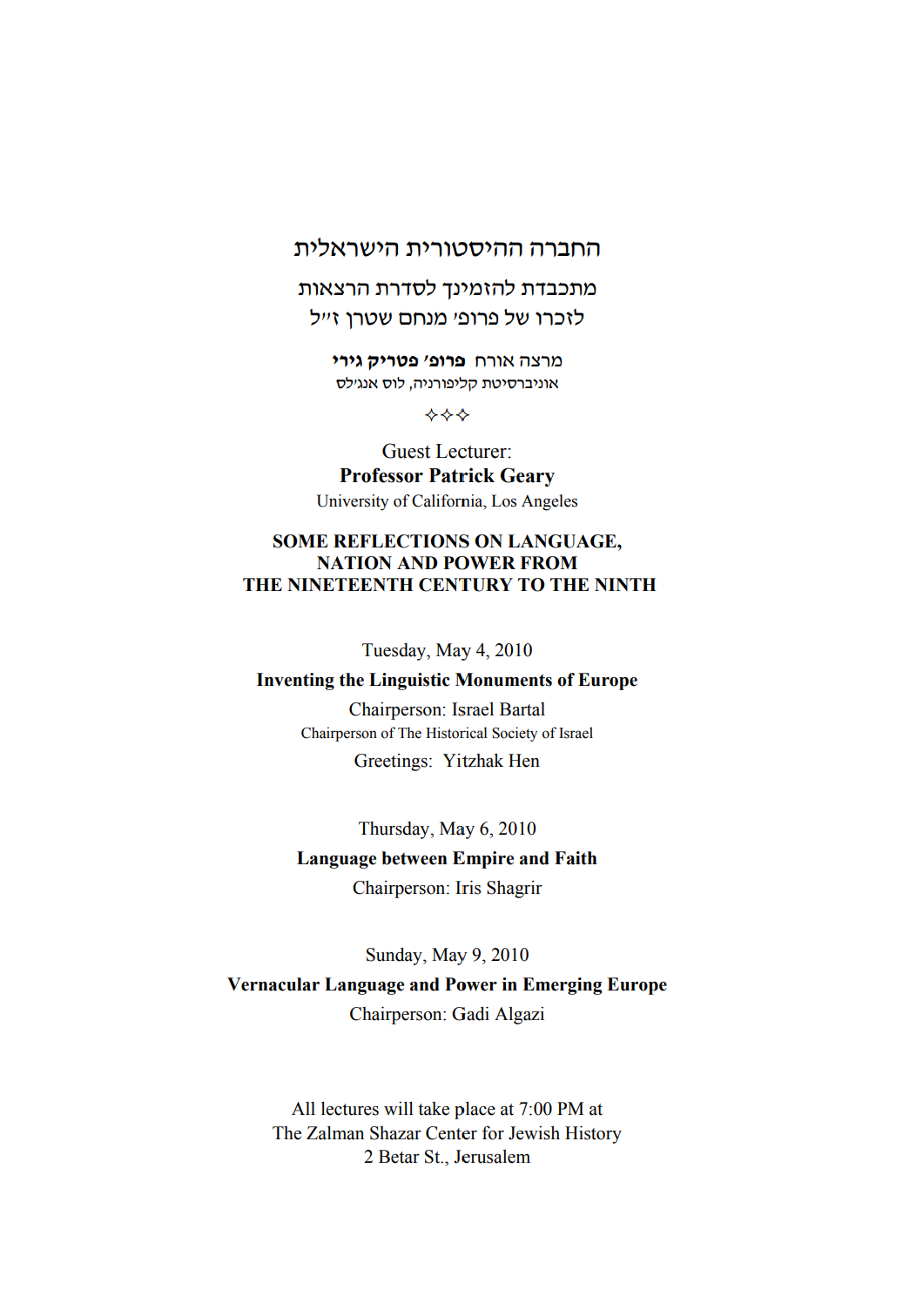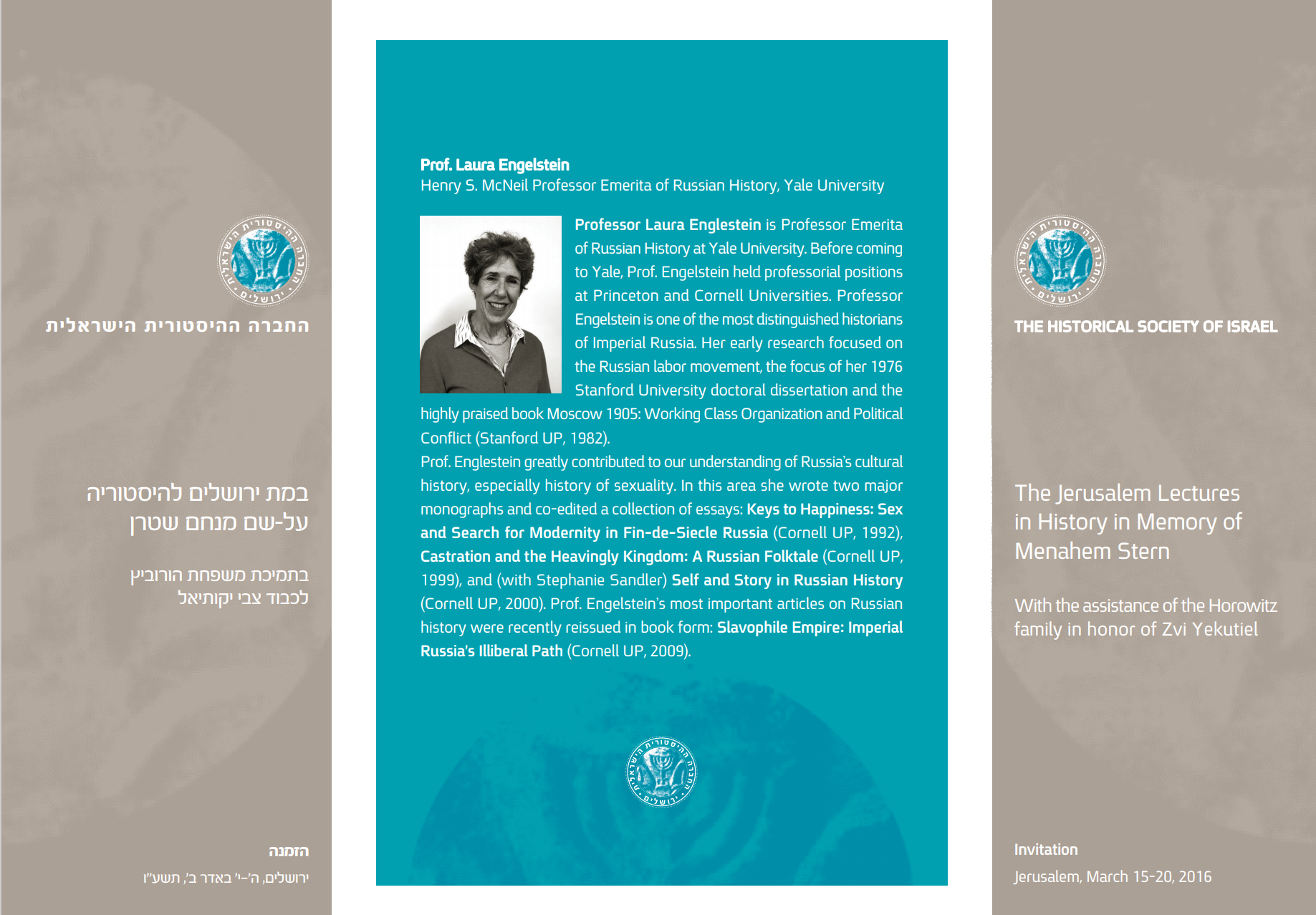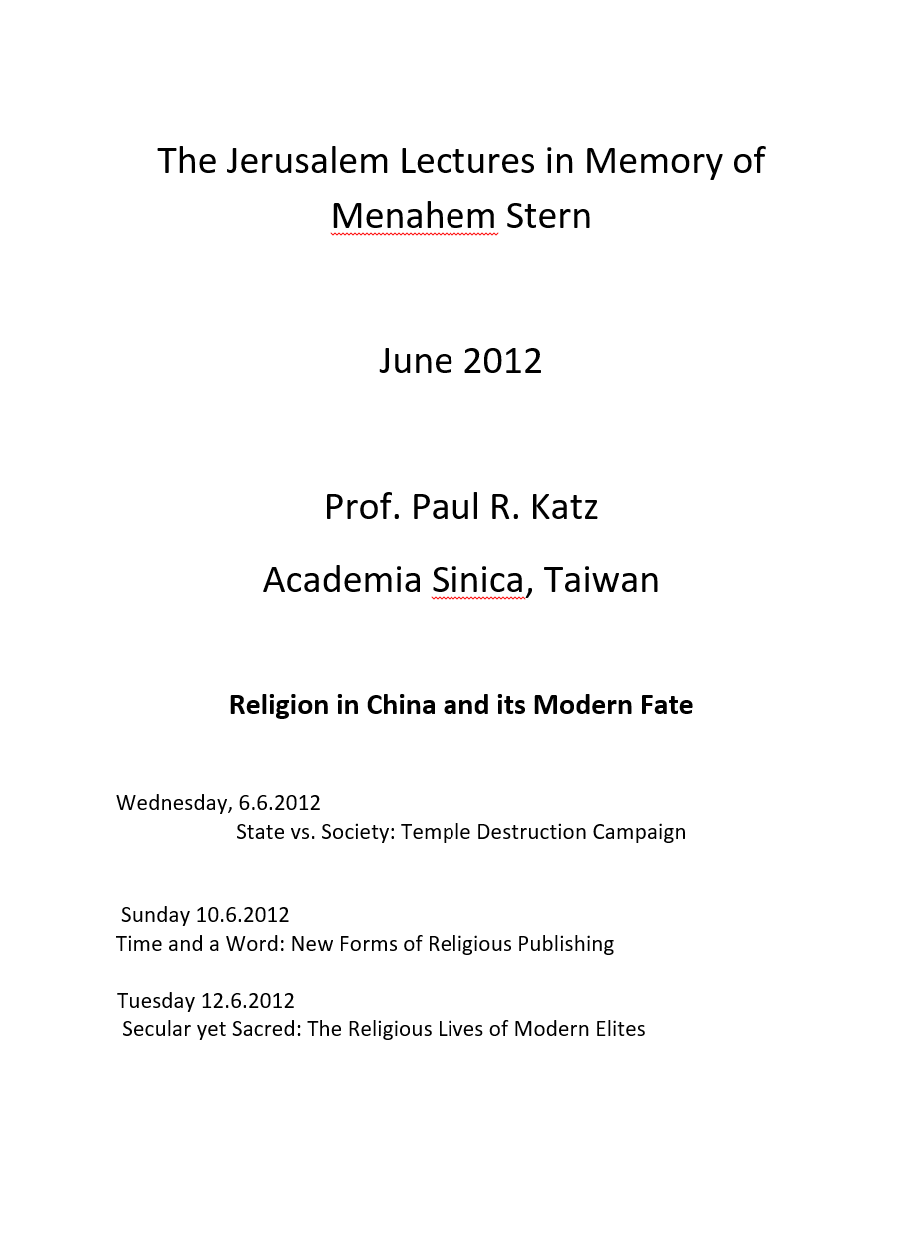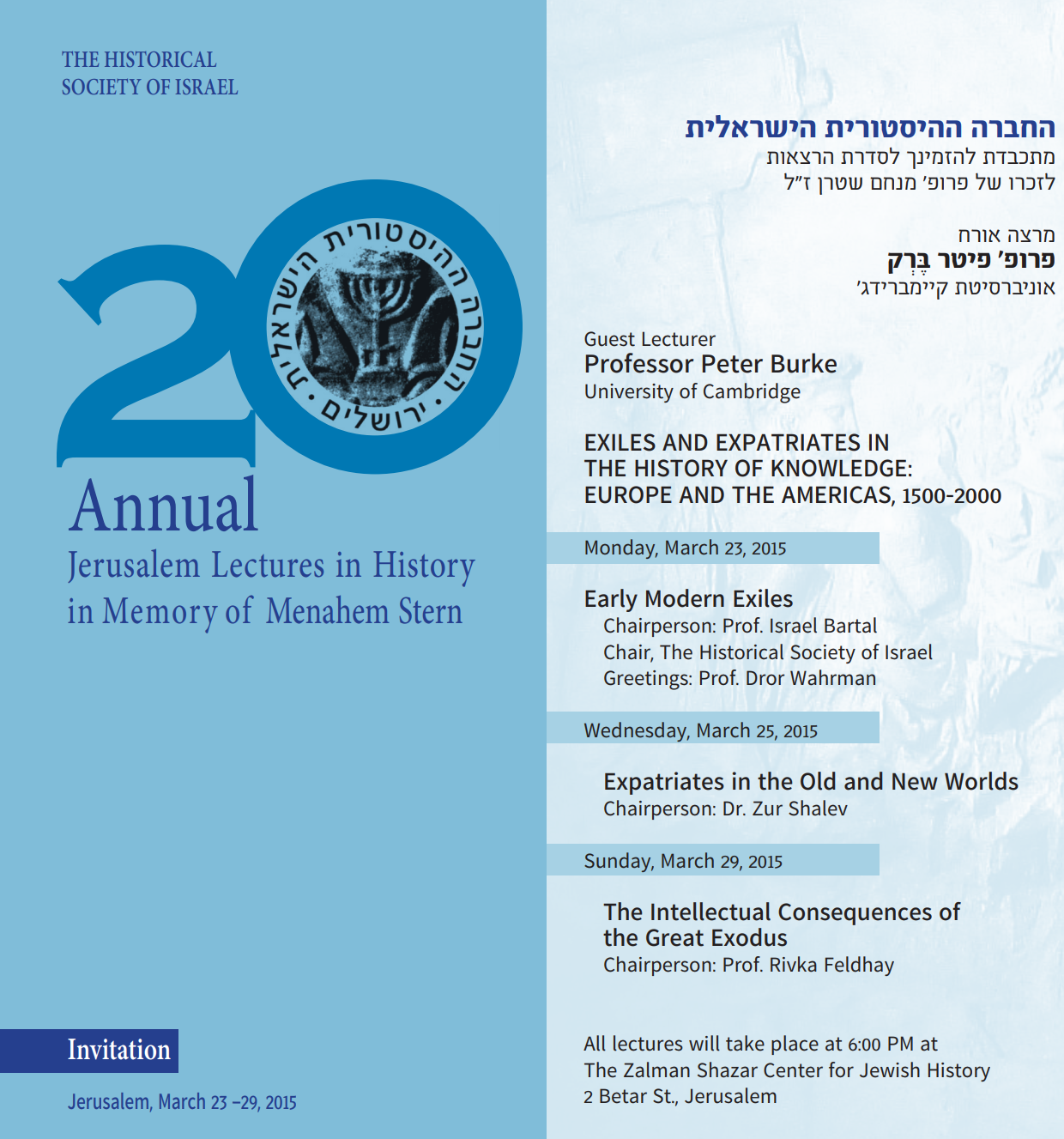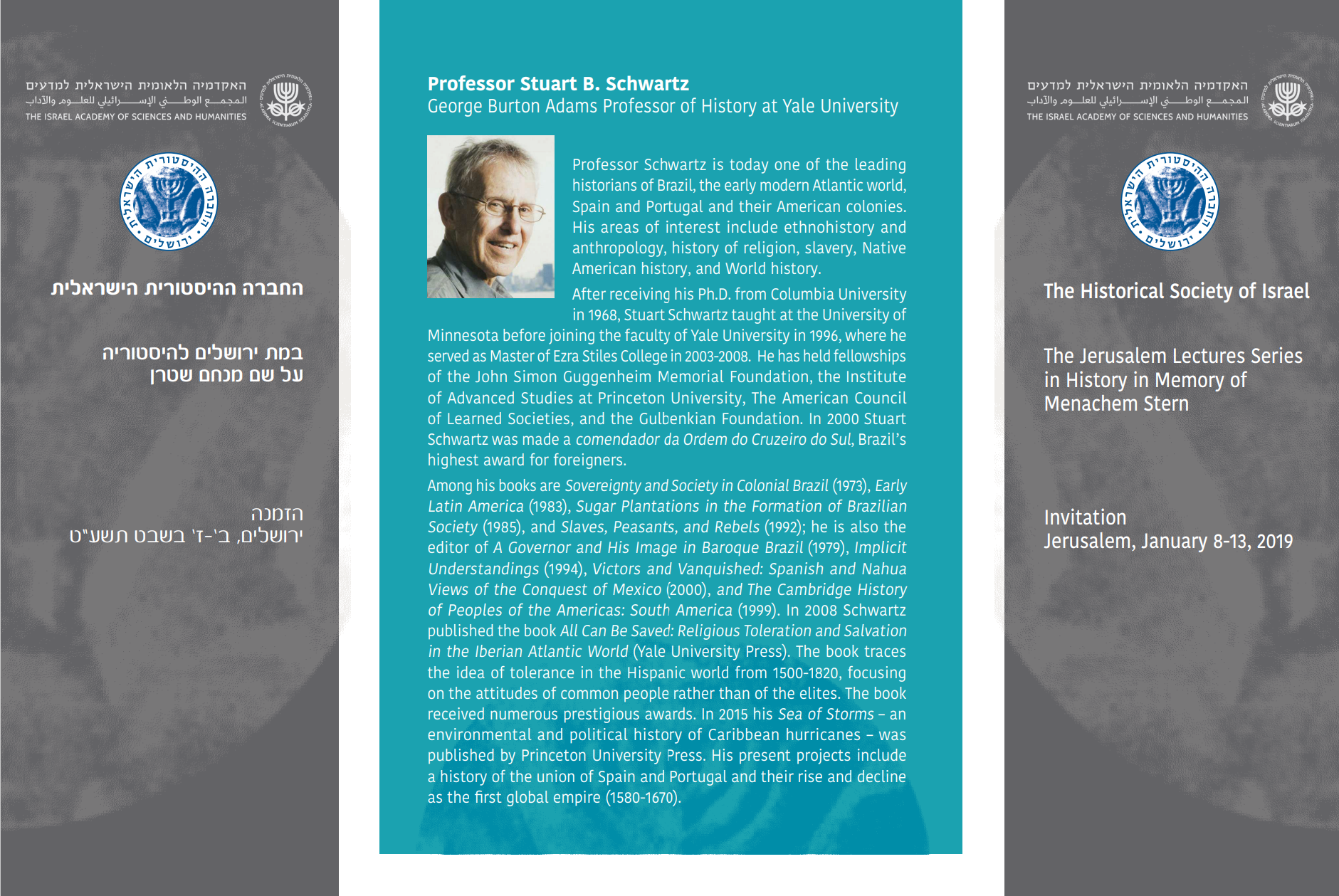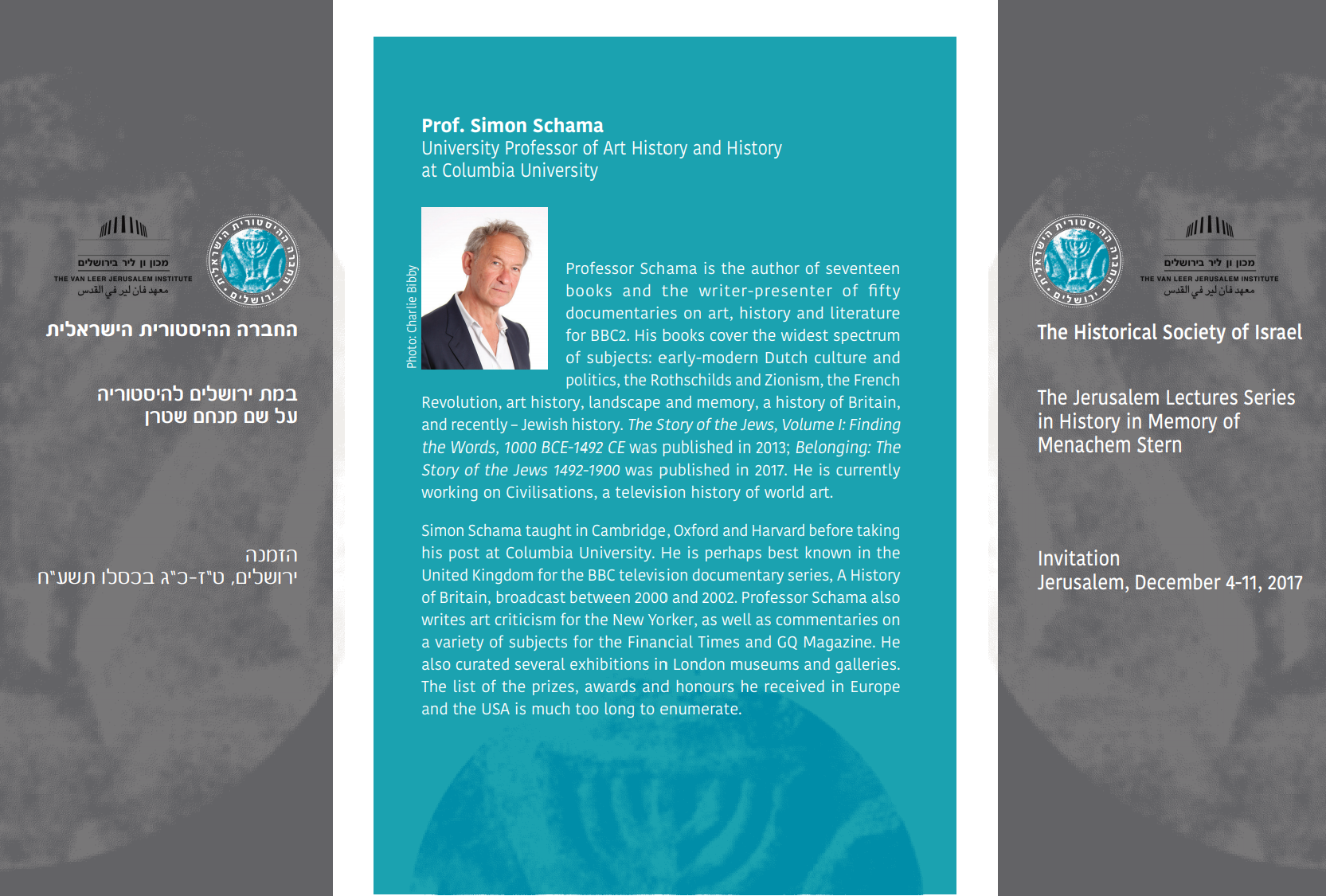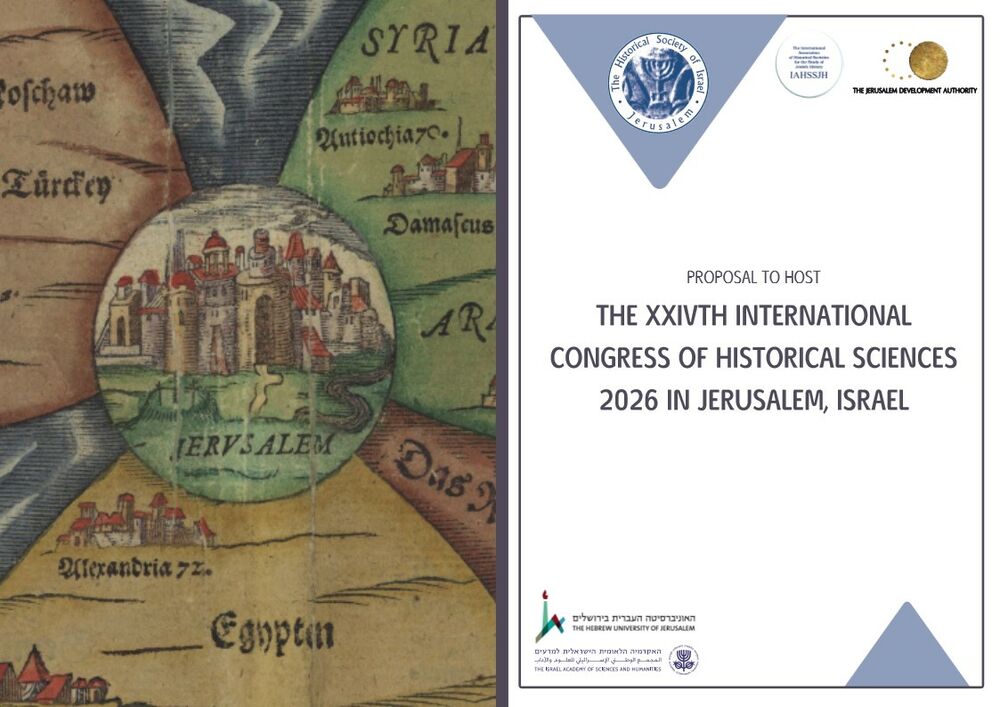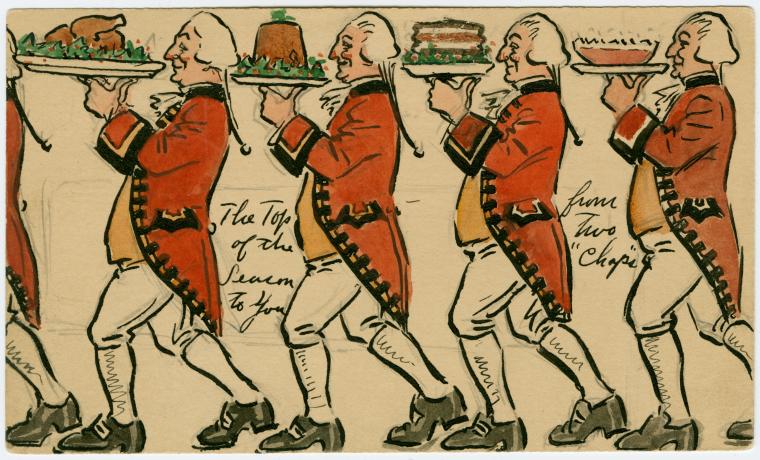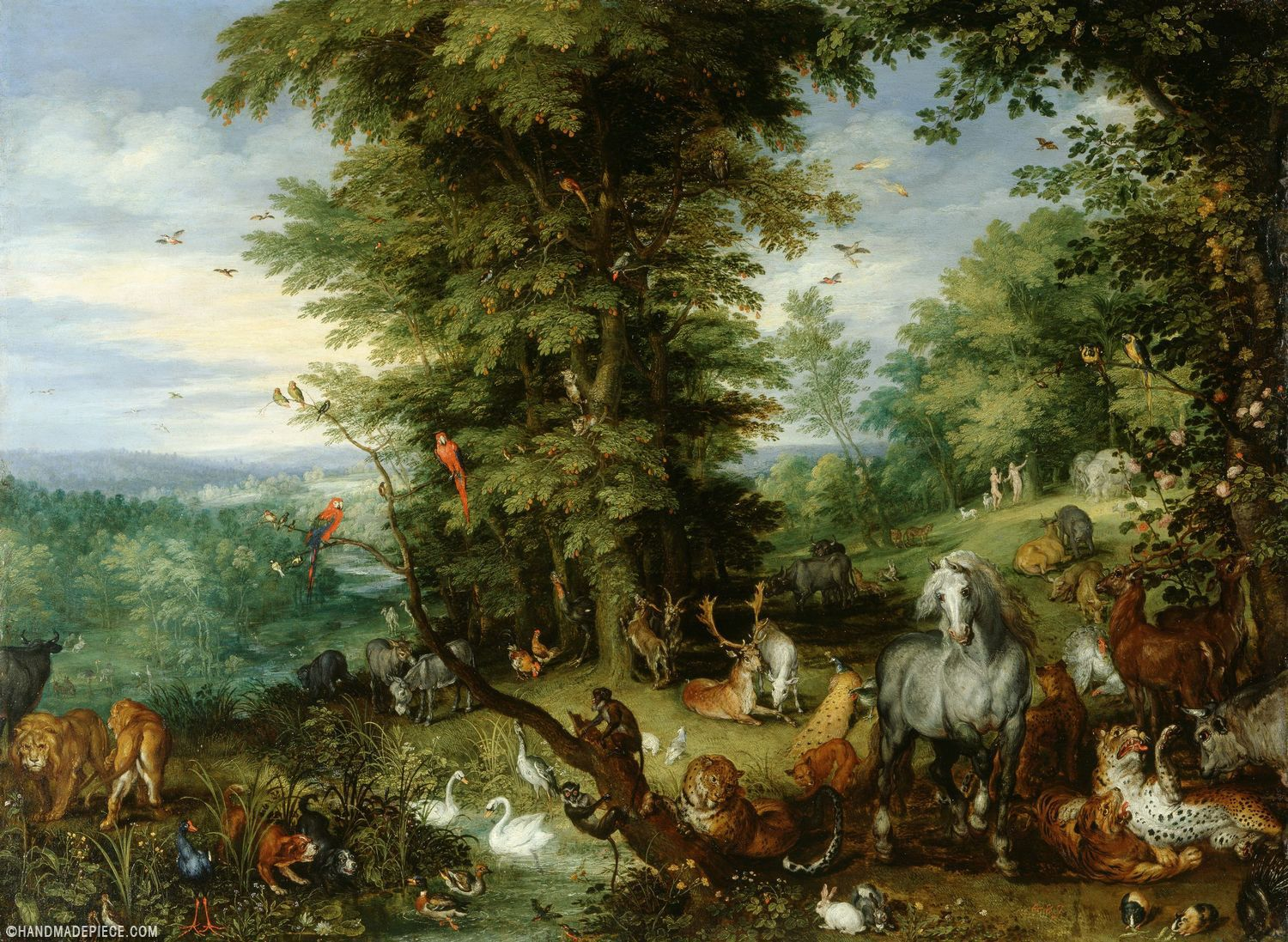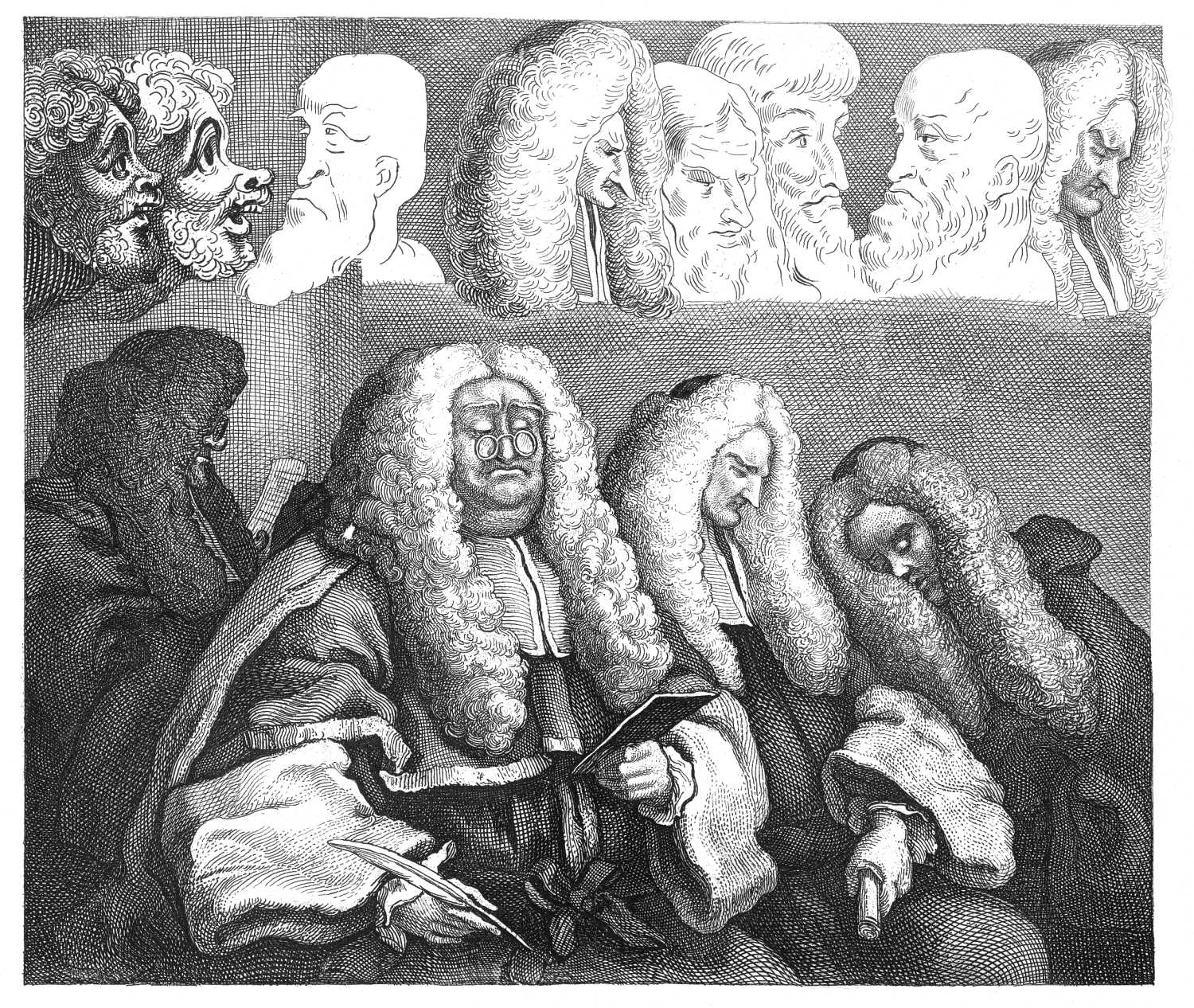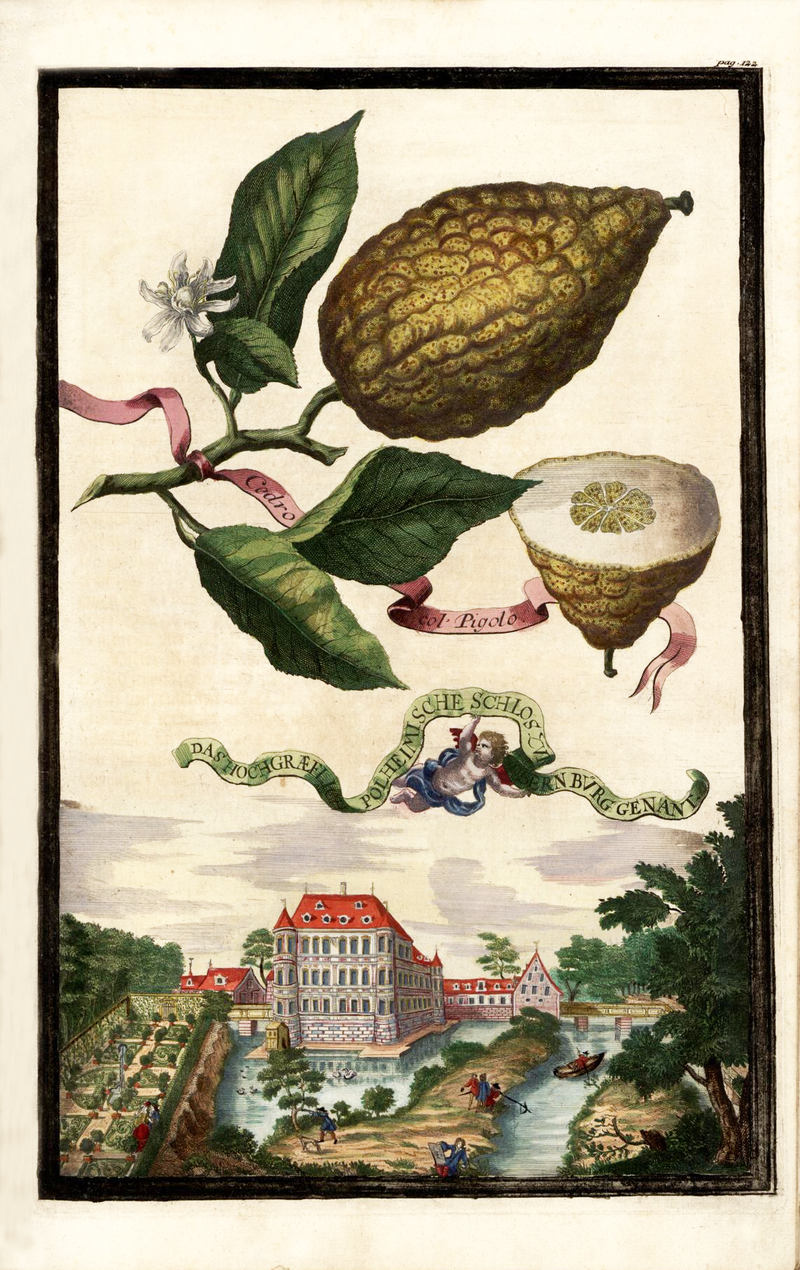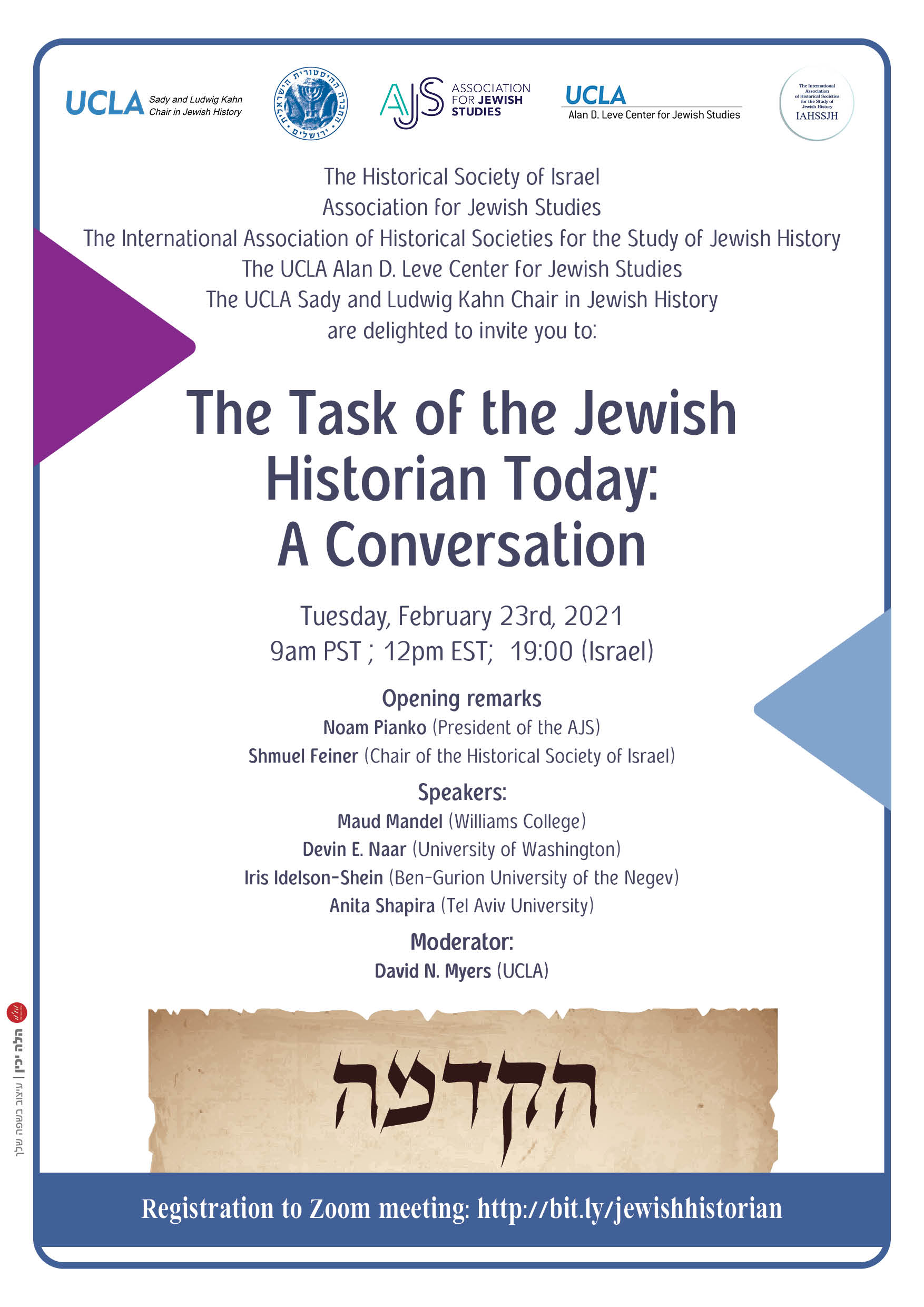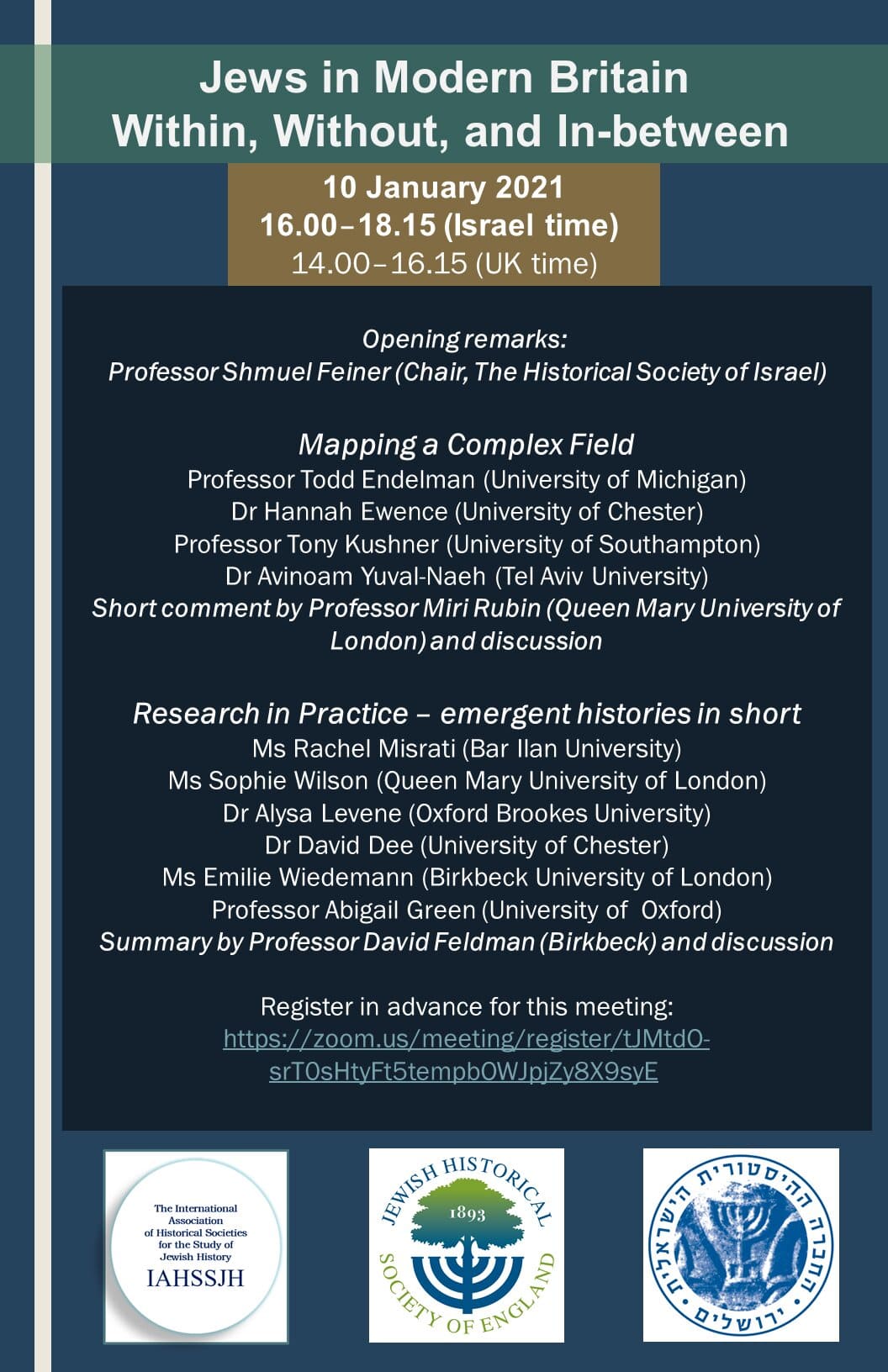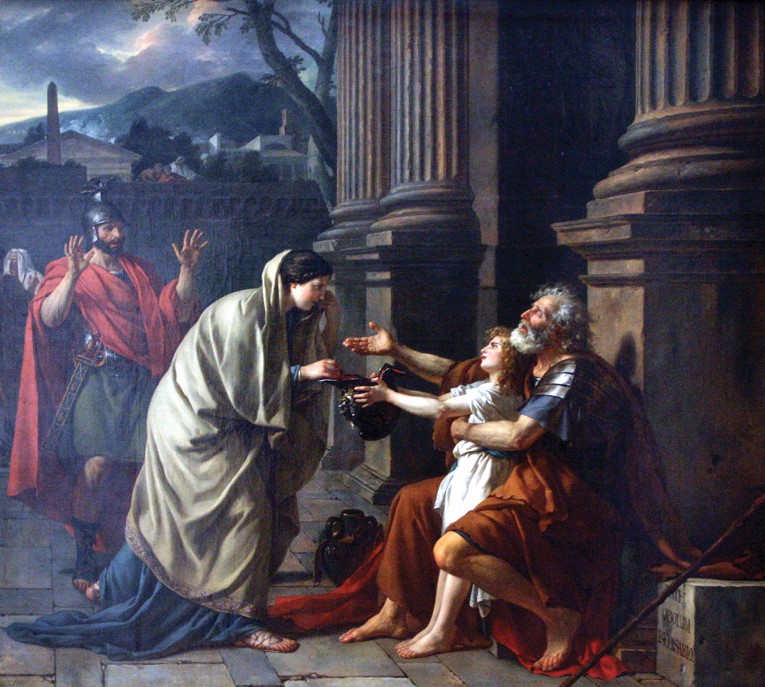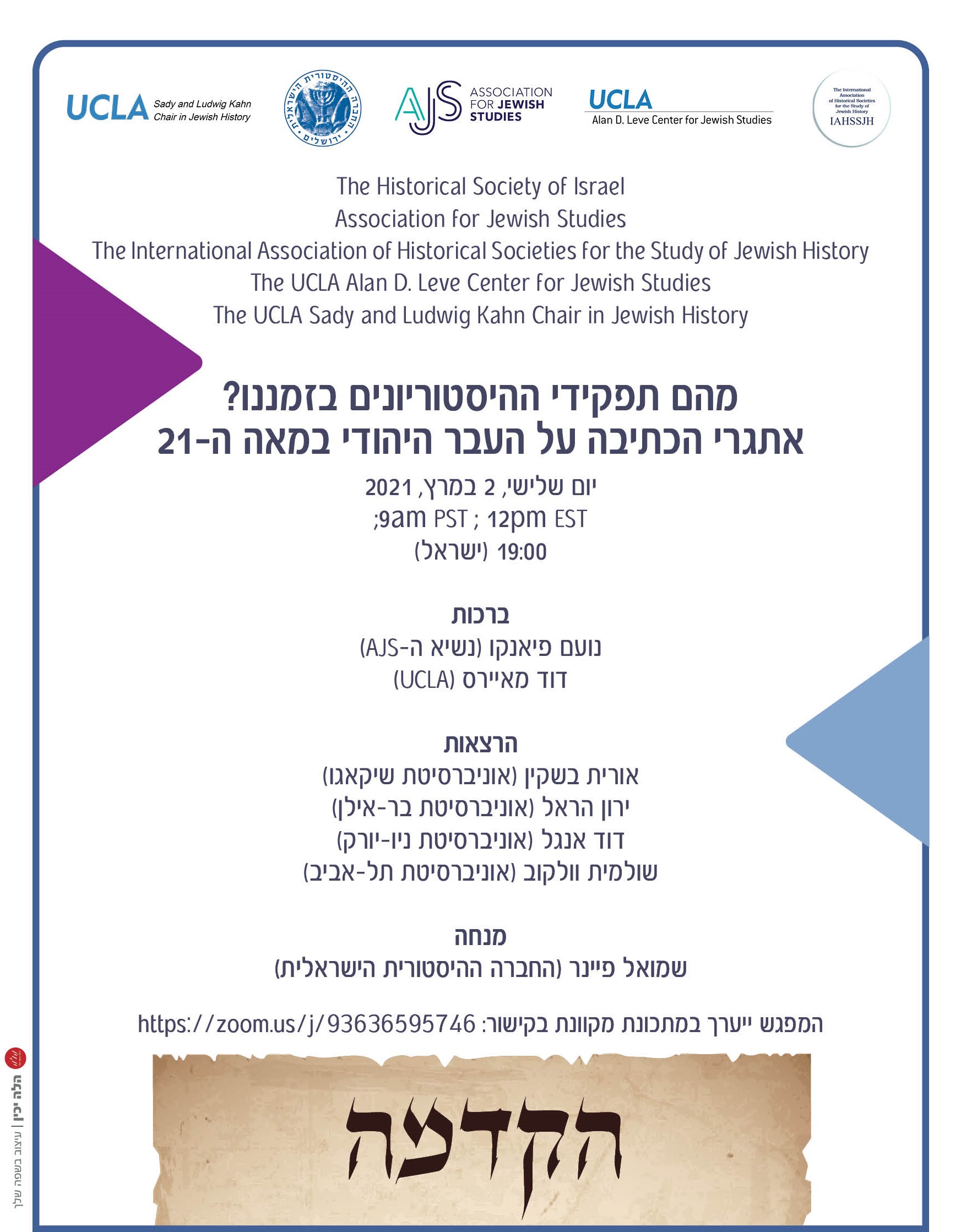כנסים
Professor Gluck is one of the most acclaimed historians of modern Japan in the western world today. She received her Ph.D. degree in 1977 from the University of Columbia, where she has become the George Sansom Professor of History and Professor of East Asian Languages and Cultures. She is an elected member of the American Academy of Arts and Sciences and of the American Philosophical Society, and she served as president of the Association of Asian Studies. She is the recipient of many awards, among them the Japan-U.S. Fulbright Program 50th Anniversary Distinguished Scholar Award, and the Order of the Rising Sun, Gold Rays with Neck Ribbon. She has been a visiting professor at the universities of Tokyo, Venice, Harvard, and École des Hautes Études en Sciences Sociales, and she is frequently invited to lecture at universities and international conferences. At Columbia University she has distinguished herself as an educational innovator and has taught thousands of students, many of whom are today important scholars of Japan.
Professor Gluck's great contribution to the field is in bringing Japanese history into the mainstream of world history. Her first book, Japan's Modern Myths, Ideology in the Late Meiji Period (Princeton University Press, 1985), has become a canonical opus for all those who study modern Japanese history. It presents eloquently the political, social, cultural and intellectual milieu of Japan in the late 19th and early 20th centuries, and traces the crucial role of ideology in creating patriotism and the sense of nation in Japan. Like Eric Hobsbawm and Terence Ranger, who have shown that many of Britain's so-called ancient traditions are in fact recent inventions (The Invention of Tradition, Cambridge University Press, 1992), Carol Gluck has demonstrated that many of Japan's allegedly ancient traditions, which were used to consolidate the nation in the Meiji era, were actually new inventions.
